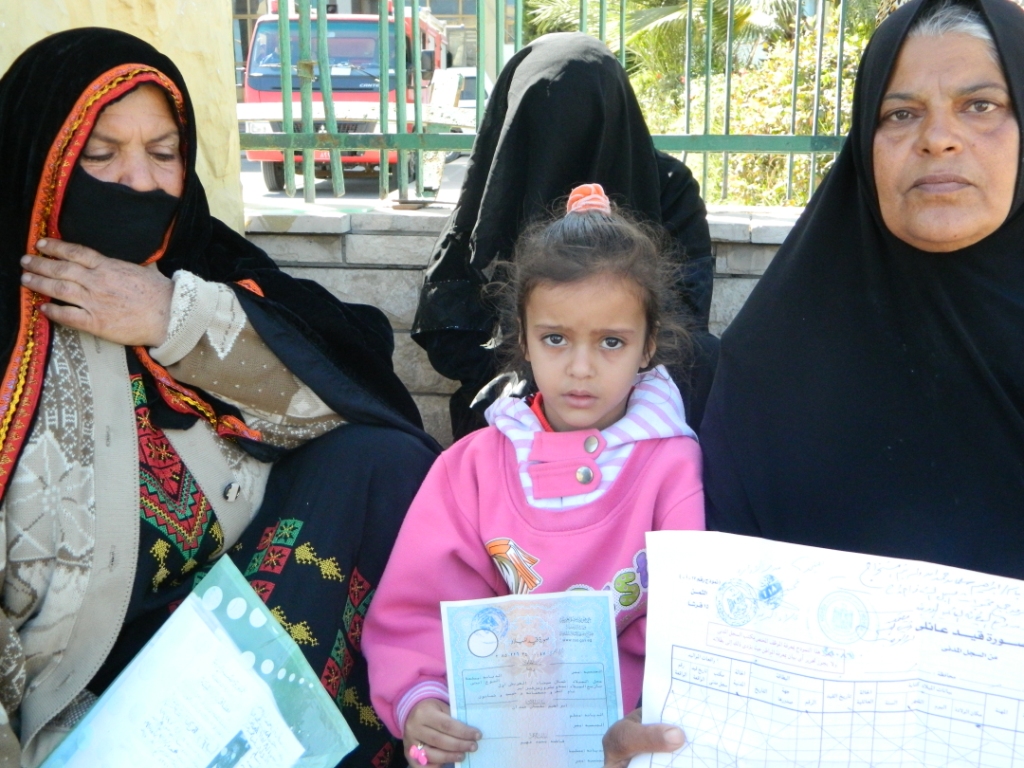It was reported over the past two weeks that the Muslim Brotherhood’s Guidance Office is set to hold internal elections. According to the Islamonline website five new members have been elected, three of them will replace Khairat Al-Shater and Mohamed Ali Bishr who were tried in a military court and Ahmed Hassanein, who died last year. The other two are reserve members in the event of a sudden power vacuum in the Guidance Office that may result from the death of one its older members.
The chosen members are the head of the Brotherhood’s parliamentary bloc Mohamed Saad Al-Katatni who is a well-known figure and Saad Al-Husseini; an MP representing Mahalla Al-Kobra; Mohei Hamid member of the Brotherhood’s administrative office in Sharqia and is one of the close associates of the MB’s Secretary General Mahmoud Ezzat; Osama Nasr head of the group’s administrative office in Alexandria; and Mohamed Abdel Rahman Deputy Administrator of the Dekheihla Office.
It was strange that the group has been secretive about the internal elections as it has not issued a formal statement so far to confirm the elections which have been leaked by the media.
It is unclear to me why the group insists on this confidentiality. Although no one can deny the continuous security crackdown on any meetings held by the group, the elections had already taken place. So why didn’t they make the announcement in a transparent way?
The problem was that all those who have been elected are affiliated with the conservatives, which entrenches their dominance over the Guidance Office.
The reformists did not get a real chance inside the Guidance Office. It came as a complete surprise that top reformists Essam Al-Erian, Gamal Heshmat and Ibrahim Al-Za farani were not selected.
The question is, do the group’s internal elections reflect the dominance of the conservative trend over the 90-member Shoura Council? Did the reformers lose the opportunity to influence the decision-making process within the group?
Unfortunately it seems that the group did not learn from its mistakes. It was supposed to undergo a reassessment and a comprehensive review since its victory in the parliamentary elections of 2005 in a transparent and credible way. Internal Brotherhood elections have shown that the hesitant and stagnant mentality still dominates the Muslim Brotherhood s mindset and that there will be no real opportunity to restructure the group and breathe new life into the organization.
A feeling of frustration is reigning over the Brotherhood’s grassroots because of the absence of real reformists inside the Guidance Office. These grassroots hoped that the internal elections would help reformists ascend to power. I believe that a representative of the youth should have been elected to join the Guidance Office. They should have elected a person who has the ability and credibility to communicate and talk to young members. Why did not they elect or appoint someone like al-Za farani or Heshmat or even Khalid Hamza, who runs the Brotherhood’s website and who has paid the price of his loyalty to the group by being thrown in jail. He was released only a few weeks ago.
I believe that the chief beneficiary of the outcome of these elections is the regime itself, as it has thrown the group into the lap of conservatives and has dashed the hopes of reformists to steer the group towards change.
It seems we will have to wait two more years before reformists get their chance.
Khalil Al-Anani is an expert on Political Islam and is a Patkin Visiting Fellow at the Saban Center at Brookings Institution. E-mail: [email protected].
